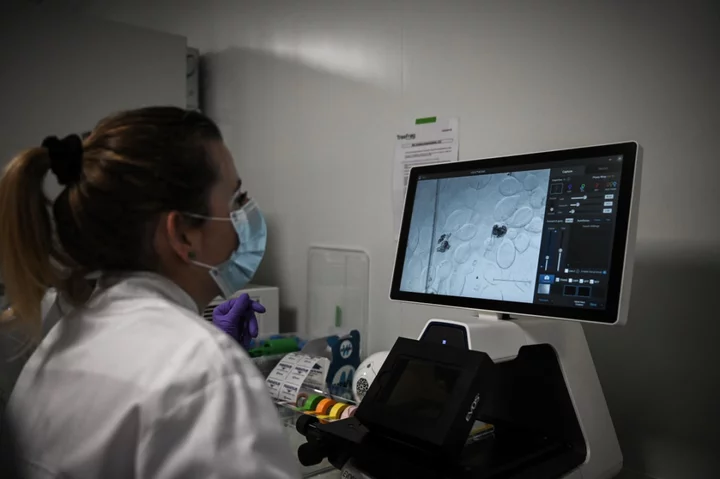An experiment to see if a laser could beam a message through space to Earth has been successful and could alter the future of spacecraft communication.
The experiment was made possible by the Deep Space Optical Communications (DSOC) tool which was travelling onboard NASA’s Psyche spacecraft.
It was successfully able to beam a message to Earth, via a near-infrared laser, from far beyond the Moon.
It is the furthest such optical communication to have ever been communicated and was encoded with test data to ensure that it worked correctly.
The DSOC successfully beamed the data from approximately 16 million kilometers (10 million miles) away to the Hale Telescope at Caltech’s Palomar Observatory in California.
Hitching a ride on the Psyche spacecraft, the experiment achieved the so-called “first light” on 14 November, according to NASA's Jet Propulsion Laboratory which is managing the mission from Earth.
NASA explained the demo’s “flight laser transceiver – a cutting-edge instrument aboard Psyche capable of sending and receiving near-infrared signals – locked onto a powerful uplink laser beacon transmitted from the Optical Communications Telescope Laboratory at JPL’s Table Mountain Facility near Wrightwood, California.”
The uplink beacon assisted the transceiver in aiming its downlink to Caltech’s observatory, where the signal was received.
Trudy Kortes, director of Technology Demonstrations at NASA HQ, said: “Achieving first light is one of many critical DSOC milestones in the coming months, paving the way toward higher-data-rate communications capable of sending scientific information, high-definition imagery, and streaming video in support of humanity’s next giant leap: sending humans to Mars.”
It’s not the first time that optical communications have been used to beam messages from space, but these laser beams mark the furthest a message has ever been transmitted.
With missions further than the moon, NASA typically uses radio waves to communicate. However, laser beams allow for a greater amount of data to be packed in them, potentially giving experts more options in future missions.
Dr Jason Mitchell, director of the Advanced Communications and Navigation Technologies Division within NASA’s Space Communications and Navigation program, explained: “Optical communication is a boon for scientists and researchers who always want more from their space missions, and will enable human exploration of deep space.”
How to join the indy100's free WhatsApp channel
Sign up to our free indy100 weekly newsletter
Have your say in our news democracy. Click the upvote icon at the top of the page to help raise this article through the indy100 rankings.









